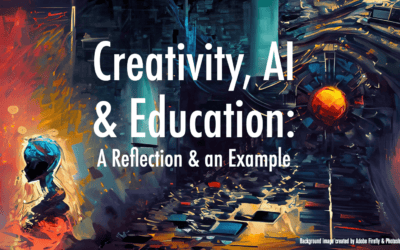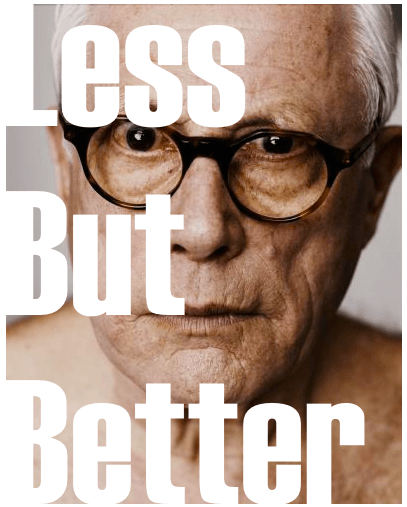Back in January I was invited to speak at the Drexel Learning Games Network (DGLN) seminar series. As I had written in my original post (TPACK & Games @ Drexel), DLGN is the brainchild of Aroutis Foster, former graduate student, now rising star academic and researcher. As the DLGN website says
The Drexel Learning Games Network is made up of faculty and staff at Drexel University interested in game-based learning initiatives. It was established in the School of Education in Goodwin College with the goal of supporting teaching, researching, and designing of games for learning from K- to infinity.
I had mentioned that though I am not primarily a games and learning researcher, I have done some work in the area, primarily through collaborations with colleagues and students around MSU. I had a lot of fun constructing this talk, attempting to make some connections between my TPACK work and the idea of learning from games.
I see digital games as being an important part of learning – but in a somewhat different way than merely learning by playing games. In fact I have been somewhat skeptical of how one can use games for developing disciplinary knowledge. My experience has been that there is a fundamental tension in designing educational games – where the demands of designing engaging gameplay often conflict with the broader pedagogical goal of respecting the core concepts of the discipline or content to be covered. For instance a recent dissertation on how participants were learning Chinese from playing a massively multiplayer online role playing game (Zon) showed that my concerns were justified. Most participants focused on the gameplay rather than on the tasks that were connected with learning the language. I don’t think that finding this balance between gameplay and learning content is impossible to achieve – but that it is maybe the most important challenge faced by educational game designers.
I tried, in my presentation, to make some connections to learning from games by repurposing games – i.e. seeing their pedagogical potential outside of just playing with them. I of course used the TPACK framework as guiding my talk – but also brought in issues related to trans-disciplinary learning and design.
Anyway, to cut to the chase, the entire talk is now available online as a video. You can see it in its entirety by going here: http://gcpsx.coeps.drexel.edu/videos/dgvls_ep2public/
Enjoy!





0 Comments
Trackbacks/Pingbacks